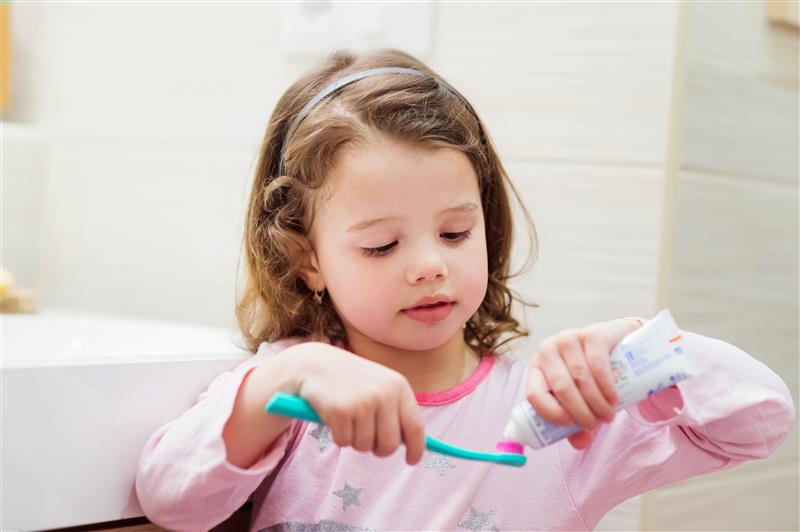 What are daily living skills?
What are daily living skills?
Daily living skills are tasks that children and adults do every day such bathing or showering, and dressing. Many children are self-motivated to be independent with these activities, and they often learn by imitating adults or older siblings. Autistic children and other neurodivergent learners may benefit from additional support that builds on their unique communication, attention, and imitation styles.
Why is being independent an important skill for my child to develop?
Being independent with daily living skills and being able to do things by yourself gives you a feeling of confidence and increases your self-esteem which in return will help to make you feel happy and proud. Of course, it also means more time for you as the caregiver if you don’t have to do the tasks for your child.
Top tips for developing independence with daily living skills
- Use visual schedules: Using pictures or words to break down tasks can be a visual reminder as to what comes next. For example, dressing may involve: put on underwear, put on shirt, put on shorts, put on socks, put on shoes.
- Encouragement: Notice and acknowledge your child’s efforts when they try something independently and offer positive feedback in line with your child’s preferences, maybe a smile, a high five or a big hug.
- Use social stories: Social stories can be helpful for some children to provide more opportunities to read and talk about a particular task and to explain what is expected of a child.
- Make tasks short and predictable: For children with sensory sensitivities, not knowing how long an unpleasant task will last can be stressful. For example, toothbrushing can take a few seconds or several minutes depending on the caregiver’s patience on the day. Giving a task like toothbrushing a definite beginning and end e.g. counting from 1 to 10 or singing a child’s favourite rhyme or song — makes it more predictable. At first, you can count or sing faster, but as your child becomes more familiar with the routine, try slowing down to allow more time for a thorough brush. This approach can help create a sense of control and reduce anxiety.
- Fade prompts: Initially your child may require verbal prompts to follow certain steps. As your child improves with his independence skills be mindful to reduce verbal prompts over time to avoid your child becoming dependent on verbal prompts.
- Engage your child in the process: When your child is in a good mood, ask questions that help them think through the routine. For instance, you could say, “Oh, I can’t remember, what’s next? Can you help me?” This encourages them to take part in the task and makes it feel like a shared, interactive experience.
- Generalisation of skill: When working on a specific skill ensure that you use the same strategies at home, at school and in the community. For example, when you are using a visual schedule for handwashing, use the same schedule across all environments.
- Make it fun: Incorporate your child’s likes and interests as much as you can. For example, use their favourite songs or rhymes during tasks like handwashing, or let them choose motivating tools like their favourite toothbrush or soap. This helps make the routine feel more enjoyable and engaging.
- Technology: Some families are finding it helpful to use apps or voice assistants like Google Speaker or Siri to support routines. These tools can remind children of the next steps in their routine, giving them more independence and reducing the need for caregivers to constantly prompt. For example, a voice assistant can say, "It’s time to have a bath". This can make routines feel more consistent and less reliant on verbal cues from caregivers.
Visit our Occupational Therapy services page if you think your child may benefit from some additional support.
